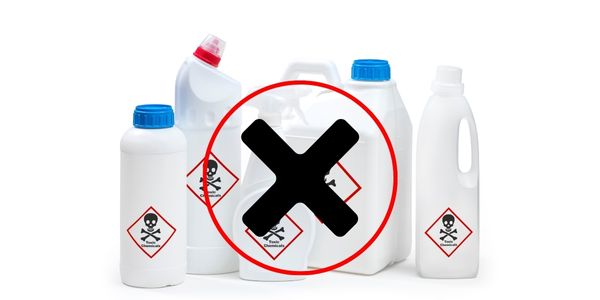Posted: Friday, 21 June 2024
 Incorporating UV-based disinfection technology into food sterilisation processes presents an innovative solution to enhance food safety and quality.
Incorporating UV-based disinfection technology into food sterilisation processes presents an innovative solution to enhance food safety and quality.
Neutralising E.coli with UV Disinfection
E. coli, a bacterium commonly found in the intestines of humans and animals, can cause severe foodborne illness if ingested. The Food Standards Agency (FSA) indicated that the lettuce used in these products was the source of contamination, raising concerns about the safety of our fresh produce.
The conventional method of treating fresh produce in production factories involves chlorine washes. While effective, chlorine can leave chemical residues on food and contribute to chemical loads in our diets.
UV disinfection technology offers a chemical-free alternative that can effectively neutralise surface bacteria such as E.coli. When produce is exposed to UV light on conveyor belts during processing, the UV radiation disrupts the DNA of bacteria, rendering them inactive and unable to reproduce. This method is not only efficient but also ensures that the produce remains free from chemical residues, making it a healthier option for consumers.
Advantages Over Chemical Treatments
 Reduction of Chemical Residues: Chlorine and other chemical treatments can leave residues on food products. By switching to UV disinfection, we eliminate these residues, resulting in cleaner and safer food.
Reduction of Chemical Residues: Chlorine and other chemical treatments can leave residues on food products. By switching to UV disinfection, we eliminate these residues, resulting in cleaner and safer food.
Environmental Benefits: Using UV technology reduces the reliance on chemical disinfectants, which can have harmful environmental impacts. This makes UV disinfection a more sustainable choice for food processing.
Cost-Effectiveness: UV systems can be integrated into existing production lines with minimal disruption. Over time, the reduction in chemical usage and handling can lead to cost savings for food producers.
Enhanced Safety: UV disinfection provides an additional layer of safety by effectively targeting and neutralising a broad spectrum of pathogens, including those that may be resistant to chemical treatments.
UV Technology in Water Irrigation
 In addition to treating produce surfaces, UV technology can be used to disinfect the water used for irrigation. This is particularly important as contaminated water is a common source of foodborne pathogens. Traditional chemical treatment systems for irrigation water are complex and can be costly to maintain. UV disinfection offers a simpler, more efficient solution. By treating irrigation water with UV light, pathogens can be quickly and effectively neutralised without the need for harmful chemicals.
In addition to treating produce surfaces, UV technology can be used to disinfect the water used for irrigation. This is particularly important as contaminated water is a common source of foodborne pathogens. Traditional chemical treatment systems for irrigation water are complex and can be costly to maintain. UV disinfection offers a simpler, more efficient solution. By treating irrigation water with UV light, pathogens can be quickly and effectively neutralised without the need for harmful chemicals.
Conclusion
The integration of UV-based disinfection technology into food sterilisation processes provides numerous benefits, from reducing chemical residues on food to offering a more sustainable and cost-effective solution for pathogen control. In light of recent food safety concerns, such as the E. coli outbreak in salad products, it is imperative that food producers consider advanced technologies like UV disinfection to enhance food safety and protect public health.
For more information on how UV disinfection technology can benefit your food processing operations, contact Alpha-Purify today (Contact Us). Our expertise in UV lamp technology can help you implement effective and reliable disinfection solutions.
Sources:
Sky News: "E. coli: Lettuce believed to be source of outbreak - so how safe are we to eat food item and does washing reduce risk?" Sky News